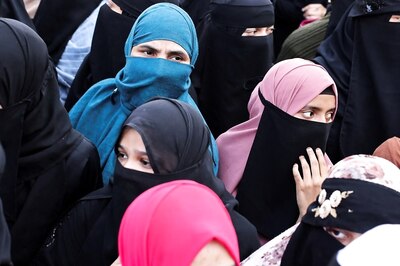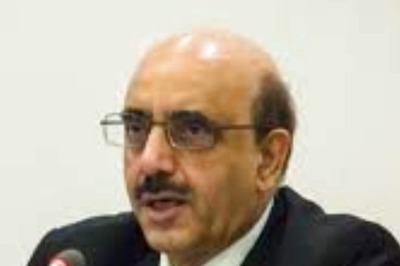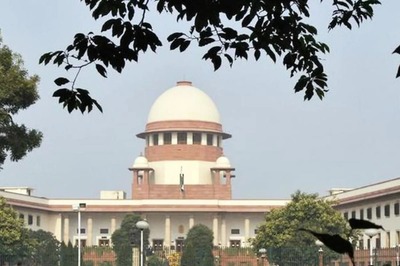
views
Islamabad: Pakistani President Asif Ali Zardari called on Monday for his government and the United States to agree on "clear terms of engagement" in the fight against Islamist militants to avert troubles in their relationship.
Zardari's remarks, the first such call by the Pakistani president, came at a meeting with the US envoy for Afghanistan and Pakistan, Marc Grossman.
Pakistan is a strategic ally to the United States but the relationship has been on a downward spiral since the killing of al Qaeda leader Osama bin Laden in a secret raid by US forces in Pakistan in May without informing Islamabad in advance.
Pakistan reacted with fury to the May 2 raid, which it saw as a breach of its sovereignty, cutting back on US trainers in the country and placing limits on CIA activities there.
"In the absence of well-defined and documented terms of engagements, wrong plugs may be pulled at the wrong times by any side that could undermine the bilateral relations," Zardari's office said in a statement after the meeting with Grossman.
"Terms of engagement should be clearly defined and specified so that any dispute could be settled amicably through the available institutions."
Zardari did not spell out the terms of engagement but they would probably involve more consultation on drone strikes, more oversight of CIA activities and a resumption of military aid.
Relations between Pakistan and the United States should be based on "mutual interest, trust and mutual respect," he said.
Grossman, who will attend a three-way meeting with Pakistani and Afghan officials to coordinate efforts to end violence in Afghanistan, said Washington was "open" to Zardari's suggestion.
Travel curbs
Pakistani officials and diplomats said on Sunday Islamabad had imposed travel curbs on US and other diplomats in Pakistan in the latest sign of worsening ties with Washington.
The US State Department said it was working with Islamabad to resolve the travel issue, and declined to say whether it would impose similar limits on the movement of Pakistani diplomats in the United States.
"Speaking hypothetically or theoretically, reciprocity is always a consideration. In this case we are working with the government of Pakistan," department spokesman Mark Toner said.
The fact that the al Qaeda chief lived for years near the Pakistani army's main academy in the northwestern garrison town of Abbottabad reinforced suspicions in Washington about Islamabad's reliability in the war against militant Islamists.
There are also growing frustrations with Pakistan over its reluctance to mount offensives against militant factions in the northwest who are fighting US-led foreign forces across the border in Afghanistan.
In a show of displeasure over Pakistan's cutback in US trainers, its limits on visas for US personnel and other bilateral irritants, the United States recently suspended about a third of its $2.7 billion annual defense aid to Pakistan.
Despite this, both sides have tried to prevent a breakdown of relations.
The head of Pakistan's powerful Inter-Services Intelligence (ISI), Lieutenant-General Ahmad Shuja Pasha, visited the United States last month for talks with US government and intelligence officials and lawmakers, which both sides said went very well.



















Comments
0 comment